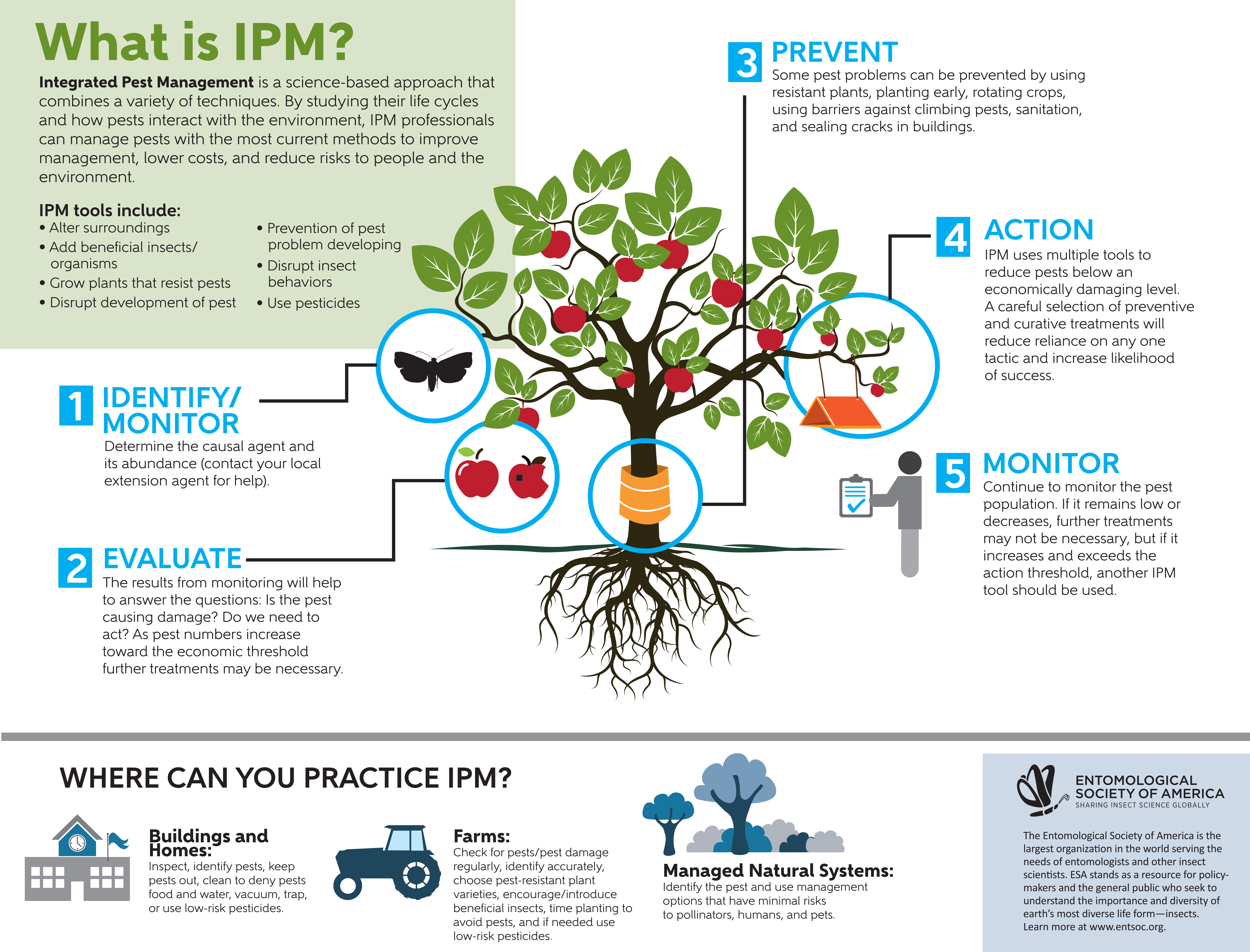The Role Of Bug Control In Food Security And Health
The Role Of Bug Control In Food Security And Health
Blog Article
Material Composed By-Tonnesen Glover
Are you knowledgeable about the concealed threats that bugs position to the safety and hygiene of your food? From rats to pests, these undesirable site visitors can pollute your ingredients, surface areas, and storage locations.
This article discovers the vital role of bug control in preserving the greatest standards of food safety and security and hygiene. Discover efficient approaches and avoidance steps that will certainly help you shield your service, consumers, and reputation.
Don't let parasites endanger the high quality of your food.
The Effect of Pests on Food Security and Health
In your kitchen, insects can have a considerable effect on food safety and security and hygiene. These undesirable visitors, such as rodents, insects, and cockroaches, can infect your food, surface areas, and utensils with harmful microorganisms, viruses, and parasites. They can easily access your kitchen, cabinets, and even your fridge, leaving droppings, pee, and hair.
Not just can they spoil your food by eating through product packaging, but they can likewise spread out conditions like Salmonella, E.coli, and Listeria. Picture preparing a dish for your family, not aware that the ingredients you're making use of are currently infected.
It's important to take immediate activity to avoid and manage pests in your cooking area. Regular cleansing, correct food storage, and specialist bug control steps are vital to guarantee food security and maintain a hygienic setting in your kitchen area.
Reliable Bug Control Approaches for the Food Market
Implementing efficient insect control approaches is critical for maintaining food safety and hygiene in the food industry. By executing these methods, you can prevent parasites from infecting the food and ensure that your products are secure for usage.
One effective method is to on a regular basis evaluate and monitor your center for signs of bug task. This consists of monitoring for droppings, nests, or any kind of damage caused by pests.
It's additionally crucial to secure all entrance points to prevent bugs from going into the facility. Normal cleaning and sanitation are necessary, as insects are attracted to food residue and spills.
In addition, appropriate waste monitoring is important to stop the buildup of food waste that can draw in pests.
Preserving Health Standards Through Bug Prevention Steps
To maintain hygiene requirements, you should regularly carry out insect avoidance procedures. By taking DIY rodent control methods to avoid bugs from entering your food facility, you can make sure the safety and security and cleanliness of your premises. Right here are some effective insect avoidance procedures to consider:
- Seal all splits and gaps: Pests can get in via also the tiniest openings. Consistently inspect and secure any kind of voids in doors, home windows, walls, and floors to maintain pests out.
- Appropriate waste administration: Get rid of food waste without delay and securely in secured containers. This will certainly minimize the destination of bugs and avoid infestations.
- Routine cleansing and sanitizing: Maintaining tidiness in your facility is crucial. On a regular basis tidy and sterilize all areas, paying special interest to areas where bugs might hide or reproduce.
- https://pctonline.com/article/flea-forecast-more-of-the-ame/ tracking system: Routinely check your premises for signs of parasite activity. Mount pest surveillance devices, such as catches or sensors, to identify and resolve any kind of prospective problems early.
Conclusion
So bear in mind, when it concerns food safety and hygiene, insect control plays a vital duty.
By implementing reliable insect control approaches and safety nets, we can guarantee the highest criteria of sanitation and safety and security in the food market.
Do not let bugs endanger the top quality of our food; let's stand together and shield our health and wellness and wellness.
